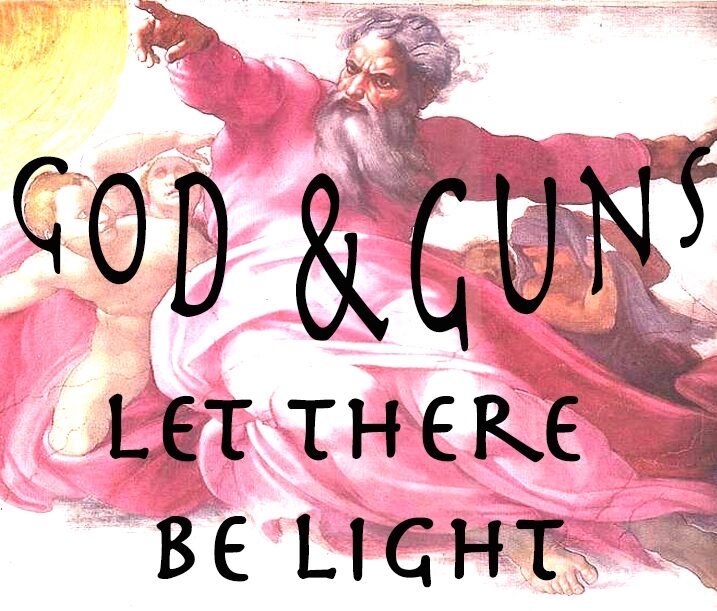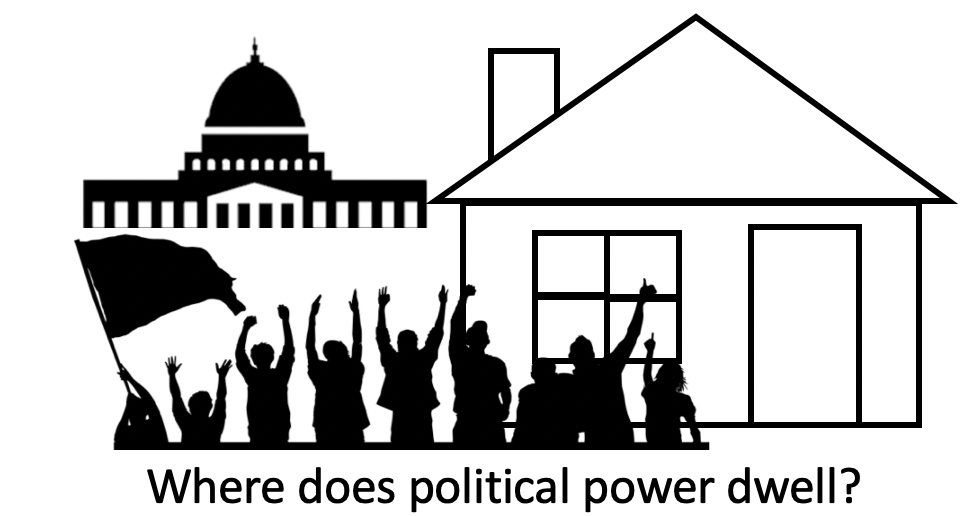Do our leaders worship Satan? How would we know? And what would that mean?
Fifteen percent of Americans believe Satan worshipers are in charge. The Public Religion Research Institute (PRRI) found this in a recent study about the QAnon conspiracy. This belief is more prevalent among Republicans: 23% of Republicans claim that “the government, media, and financial worlds in the U.S. are controlled by a group of Satan-worshipping pedophiles who run a global sex trafficking operation.”
I find this hard to believe. But then again, I find it difficult to believe in Satan at all. I also think it would be absurd for anyone to worship Satan—both because there is no Satan—and because if he did exist, he would not be worthy of worship.
The whole thing is a theological, ethical, and sociological mess.
Perhaps those who say this are actually trolling the researchers. Do 48 million Americans (that’s 15% of our population), really believe that Satan worshipers are running the country?
This opens the question of what it means to really believe something. A related question is about how we could know what anyone really believes.
Let’s begin with the absurdity of Satan. The most obvious argument against Satan is the existence of a benevolent and all-powerful God. Satan does appear in the Bible. God empowers Satan to torment Job, for example. But would a good God really do this? Why would a good God create a devil who torments us?
Creative theology attempts to make sense of this and the general “problem of evil.” One solution is to claim that evil is the absence of good and not the active power of some supernatural being. Texts that personify evil in Satan must be reinterpreted as allegories or parables.
But lots of Americans appear to have a more literal belief. The Gallup Poll reports that 61% of Americans believe in the devil. A survey from the Pew Center found that 58% of Americans believe in Hell. So maybe it is not surprising, that millions of Americans believe our leaders worship Satan.
Perhaps enlightened theology and secular critiques of religion could help cure QAnon belief. But some non-religious people (11% according to PRRI) also claim that Satan-worshippers run the country. A full-fledged atheist who does not think Satan exists could believe, I suppose, that others worship the non-existent devil. This could be an ad hominem accusation, like making fun of someone by claiming they believe in fairies and leprechauns.
This leads to questions about the sociology of belief and religious tolerance. How can we presume to understand what strangers really believe? Could anyone know that ruling elites worship Satan? And what would that actually mean?
One rule of thumb is that it is wise to avoiding judging the beliefs of others. Religious belief is complex, changeable, and internally diverse. Religious people disagree among themselves. Many believers are ignorant about or indifferent to the dogmas of their own religion. We also fail to understand other people’s beliefs.
Satanists even disagree among themselves. A group calling itself the Satanic Temple advocates empathy, reason, and secular values. They reject the supernaturalism of another group called the Church of Satan. The Satanic Temple appears to be Satanism without Satan.
This is probably not what QAnon believers have in mind. But then again, how do we know what the QAnon-ers really believe about the supposed Satan-worship of ruling elites? And how would a QAnon-er actually know what the ruling elites really believe?
These vexing questions should encourage us to be cautious and tolerant. It is difficult for any of us to figure out what we actually believe. It is presumptuous and rude to claim to know what someone else believes—or to condemn it as evil. And in the U.S., the First Amendment guarantees our right to believe whatever we want. Indeed, toleration in the United States appears to extend even to Satan worship.
QAnon will likely fade away as a fever dream of the Trump era. But the tendency to vilify the beliefs of others will remain. Part of the cure involves religious liberty and toleration. Another remedy is to think critically: to play the devil’s advocate in posing critical questions about Satan, God, and what we think we know about religion.





